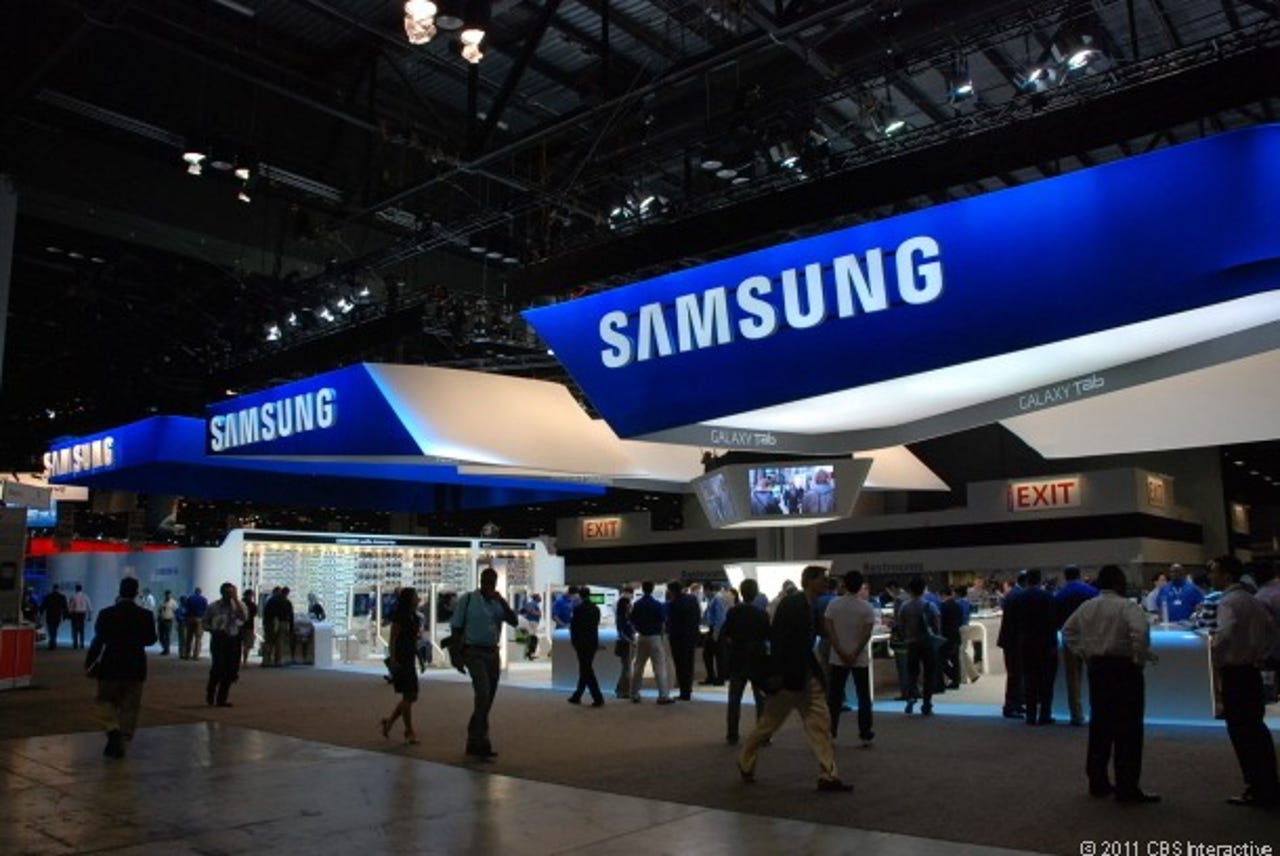Samsung VP: We are building a smart watch


Samsung's mobile tech vice president Lee Young Hee has confirmed the South Korean firm is working on its own version of a smart watch.
The smartphone and tablet maker, well-known rival of Apple, has only just released the details of its new flagship phone the Galaxy S4, and now Lee has revealed the development of wearable technology by the company. In an interview with Bloomberg, the VP commented:
"We've been preparing the watch product for so long. We are working very hard to get ready for it. We are preparing products for the future, and the watch is definitely one of them."
Although Lee was unwilling to reveal any specific details concerning features, price or a sales timeline, wearable technology including wristwatches have recently been present in the media. This year, there have been plenty of rumors floating around that iPad and iPhone maker Apple was secretly developing their own watch -- dubbed "iWatch" by the media -- and that over 100 designers were currently working on the project.
One analyst suggested that if Apple chose to break into the wearable technology market -- perhaps a rational move considering its dominant position in the mobile technology industry -- it would result in profit generation reaching billions for the firm. After crunching some numbers, Citigroup analyst Oliver Chen said that as the global watch market is worth $60 billion a year, if Apple managed to secure ten percent of the market, it would "be a $6 billion opportunity for Apple." Profit margins could be close to $3.6 billion, and it is possible the watch may be introduced as early as this year.
As companies including Samsung and Apple continue to compete and the smartphone & tablet market reaches saturation levels, new product lines have to be forged to remain competitive. Slowing demand in handsets has resulted in growth expected to decline from 27 percent in 2013 to just 9.8 percent in 2014, according to data compiled by Bloomberg.
As Lee commented within the interview, the deciding factor may not be which firm gets there first, but how the opportunity wearable gadgets presents is monetized:
"The issue here is who will first commercialize it so consumers can use it meaningfully."